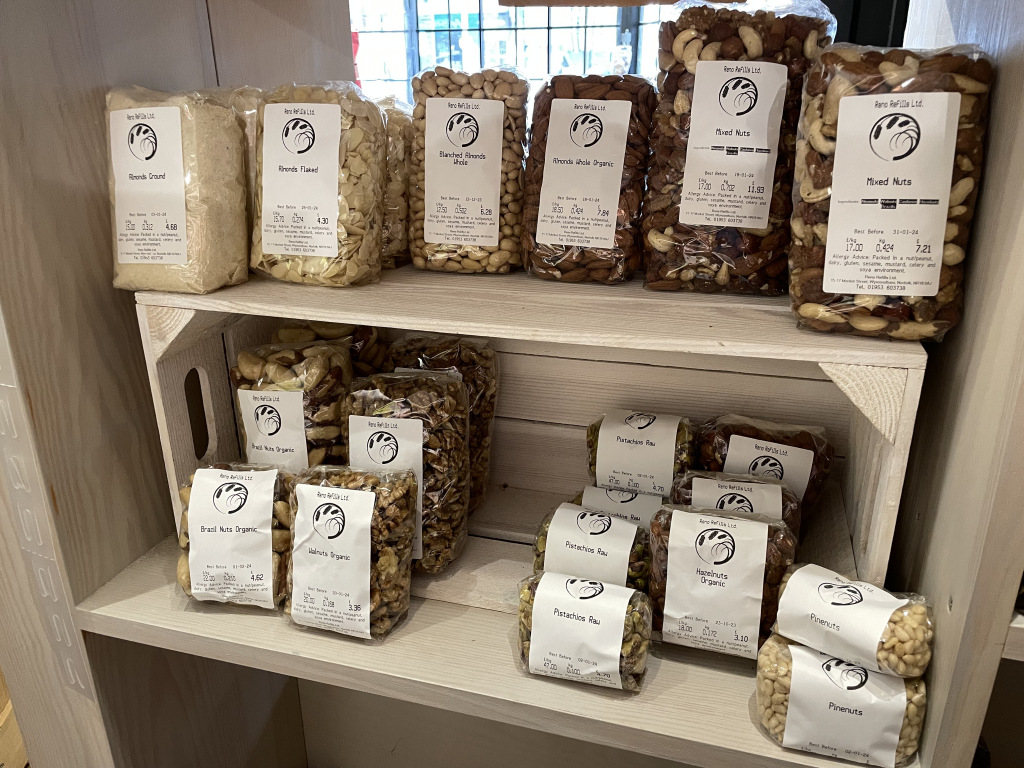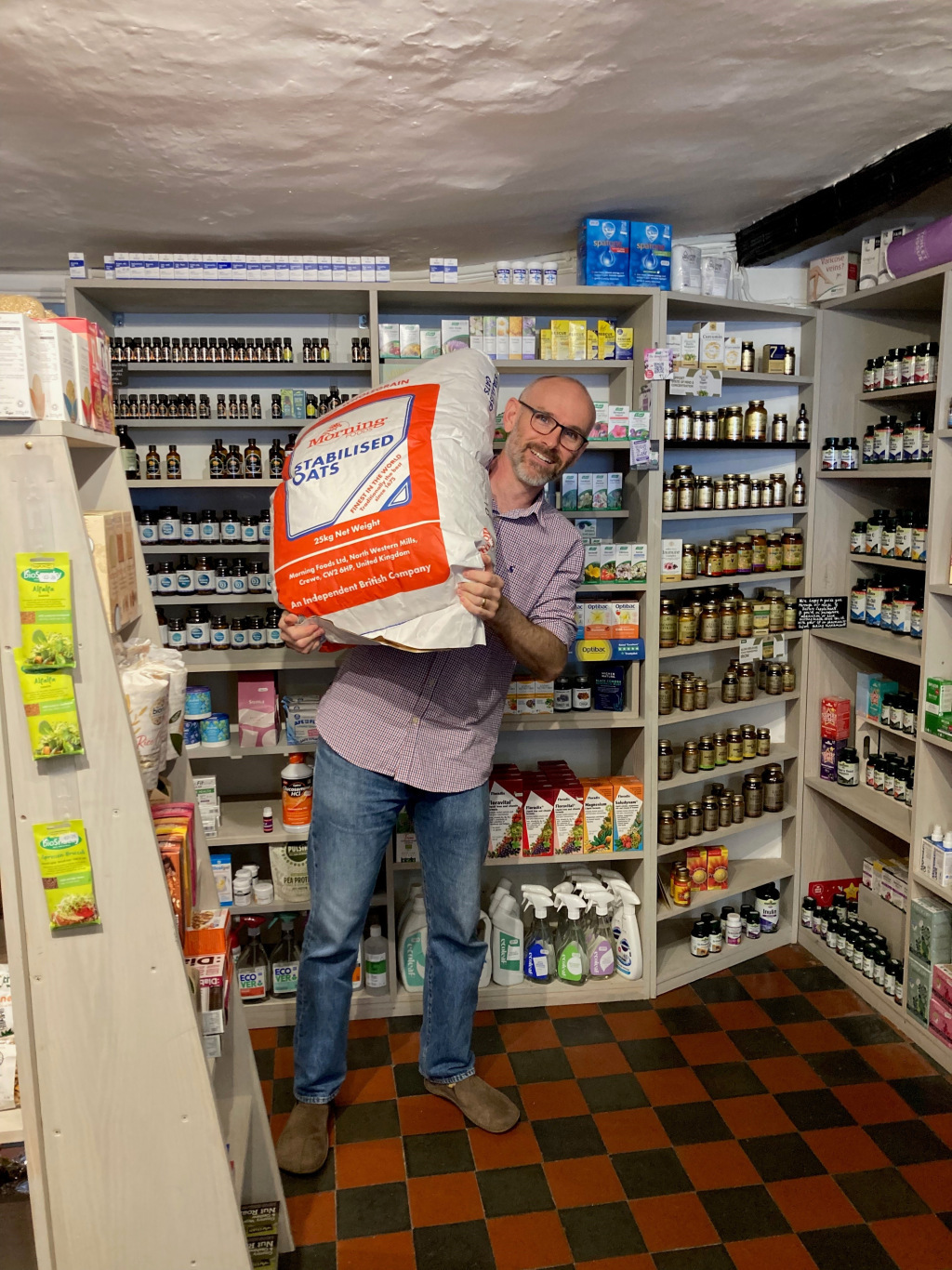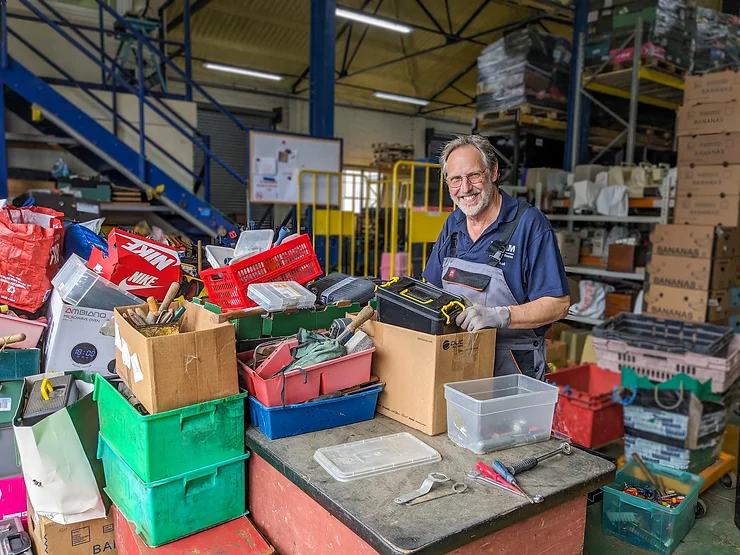Ultra-processed food (UPF). Ultra-processed. The clue is sitting right there in the name. In essence these foods are impossible to create in your own kitchen, often requiring complex chemical and technical preparation. Having said that, who doesn’t sometimes need to buy a treat or something acceptably sinful to get through the day? The wider consumer conscience however is now considering that many of our treats, indeed some of our staples, are UPFs difficult to resist and potentially harmful to our health.
The challenge in discussing UPFs and their global prevalence is just how to deliver a balanced view of what to do instead. It isn’t likely that many of us can begin a small holding, press home grown coconut oil or fund a campaign redacting references to fast-food on our children’s phones. We don’t respond well to being told what not to do particularly if those foods being demonised are the affordable means by which our family is fed.
Much like the habits affecting our environment it is better to make sustainable alternatives a more attractive proposition than the non-eco mainstream. Electric cars for example have to become a lot cheaper to buy and run than combustion engine vehicles. Quick, affordable, wholesome and tasty staples have to become more widely desirable than edible junk. The benefits of reducing our UPF intake praised in terms of financial savings, improvements to well-being and increasing quality of life rather than sticking it to the ‘corporate monsters’.

New generations bring innovations as their predecessors take with them their waning habits. I recall thumbing through a 1938 copy of the John Bull magazine and stopping dumbstruck at a full page advert - “smoking, it’s good for you”. Only 12% of adults nowadays maintain the habit (once upon a time 50%) after the waves of public health information eventually turned the trend in favour of cleaner living. We’re now seeing consumption of alcohol decreasing around the world too, in part due to health concerns. It seems then an inevitability that UPFs will find it tougher going to remain a regular part of our life as more of us question the reason for some of the ingredients listed in our favourites and their long term effects.
So what’s the point I’m crawling toward? I think it comes down to moderation. We sell a lot of whole foods at Reno Refills, real sources of nutrition and satiety, and the basis for a healthy diet. We also offer plenty of items which should be consumed infrequently; cheeses, wines, chocolates and coffee are all really lovely though perhaps shouldn’t be a daily habit. Likewise, an occasional can of fizzy drink or a packet of crisps are treats not yet off my menu. There are times when the UPF itch needs a quick scratch and for now I’m happier with that than I would be abstinent.
I imagine asking my future great grandchildren if they remember when UPFs were still being advertised on TV like they used to advertise wine and smoking? “What’s smoking?”, their parents might say. More likely they’ll all ask, “What’s a TV?”. I’ll chuckle as I tuck into my sourdough bean burger and locally sourced pea-pod Chardonnay.















